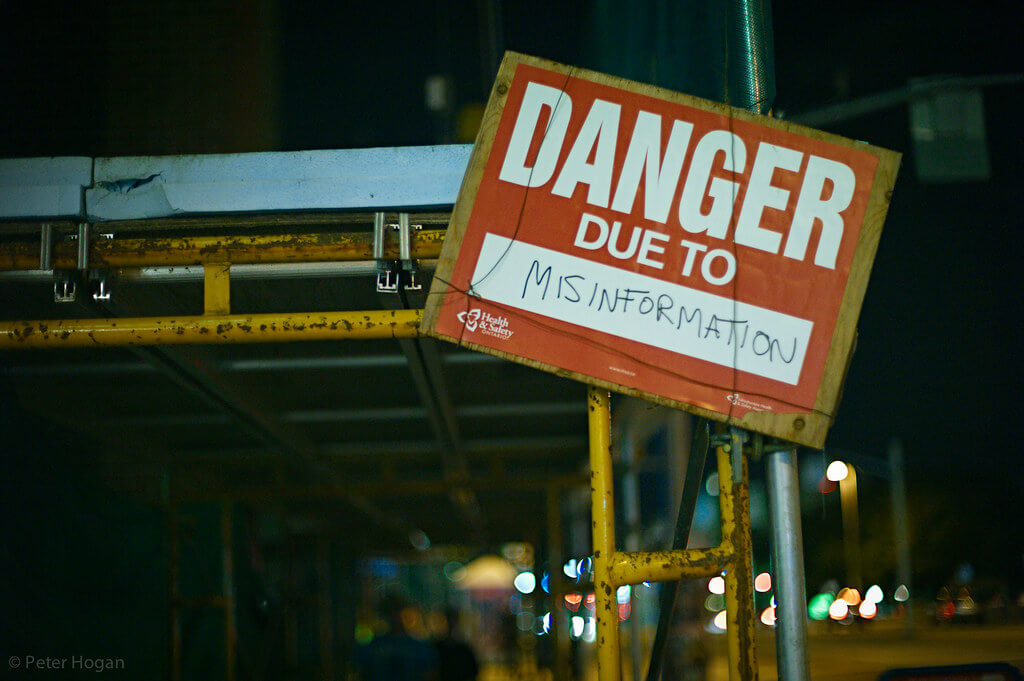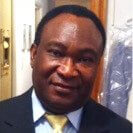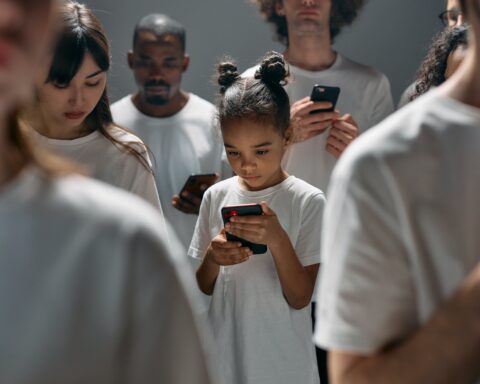Global authorities categorically reject the idea that black people have any kind of genetic immunity to COVID-19, a theory that has been circulating widely on social media since the declaration of the global pandemic.
The origins of this internet hoax stems from the observation that the number of confirmed cases of COVID-19, to date, has been much lower in African countries compared to the rest of the world.
That theory, however, runs in stark contrast to recent projections announced by international bodies, including the United Nations and the World Health Organization.
Earlier this week, the UN announced that Africa could see at least 300,000 deaths from the coronavirus before the end of 2020. As of April 18, the African continent has over 19,000 confirmed cases of COVID-19.
That projection is supported by research from the the World Health Organization, which has repeatedly stated that the COVID-19 virus can be transmitted in all areas, including those with warmer temperatures.
Beyond scientific research, even a recent review of popular culture news reveals that the so-called theory of ‘black immunity’ doesn’t hold up under scrutiny.
Prominent personalities already infected
Last month, for example, well-known British-born actor Idris Elba contracted COVID-19.
The fiancée of Nigerian musician Davido recently shared news, via Twitter, that she has caught the virus.
Two great African musicians, Manu Dibango, from Cameroon, and Arluis Mabele, from the Democratic Republic of Congo, died after contracting COVID-19. The legendary Ndombolo dancer and singer Mabele, 67, also died from coronavirus.
As well, several black basketball players in the U.S. have also contracted COVID-19, including Brooklyn Nets’ superstar Kevin Durant.
“No one is immune,” said Elba, addressing the so-called theory of ‘black immunity.’ “It’s dangerous, it’s pseudo-science to think that coronavirus cannot [infect] black people.”
COVID-19 exposes many deeper social, health problems
What is a concern for black people is the fact that many have underlying conditions, such as high blood pressure, or diabetes. In the United States, where ‘rich’ and ‘poor’ is strongly divided along racial lines, this has meant that black people have been ever harder hit by the COVID-19 pandemic.
Imam Abukar Mohammad, of the Khalid Bin Al-Walid Mosque in Etobicoke, said he has warned his mostly Somali-born congregation to take extra precaution, especially as the rumours of ‘black immunity’ continue to circulate online.
“We’ve [taken steps] to protect our congregation,” said Mohammad. “We’ve closed the mosque to prayers and gatherings until further notice because we [know] we definitely don’t have immunity to this virus.”
Mohammad said he believes one of the main reasons why, to date, there have been fewer confirmed cases of COVID-19 in African countries is because of other endemic social and economic problems.
“There are probably no test kits readily available to people in a poor country, like Somalia,” said Muhammad.
Toronto-based lawyer Peter Kalu, who is of Nigerian descent, recommends that people of all colours, creeds, and backgrounds remain vigilant in order to stay in good health.
“Use your common sense,” he said. “Coronavirus can be contracted by anyone — don’t fall for hoaxes.”
Peter Uduehi is a journalist and currently publisher and editor of African World News in Toronto. Versed in African and American politics, he has spent most of his adult years in the USA where he studied journalism and later worked as reporter and news editor for several US media outlets before emigrating to Canada 10 years ago.





